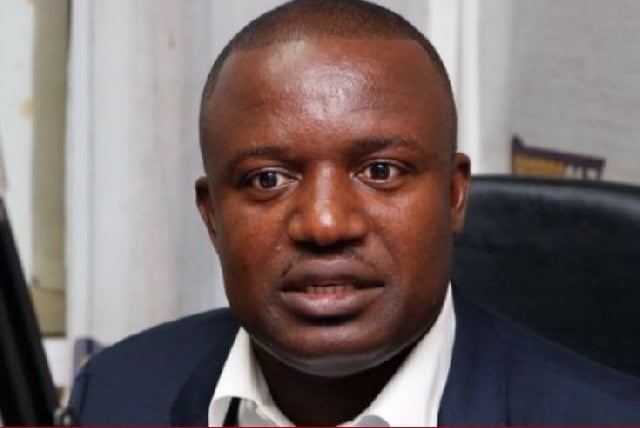The political landscape of Ghana witnessed a dramatic shift in perspective regarding the Gold for Oil (G4O) policy during the parliamentary vetting of John Jinapor, the Minister of Energy-designate, on January 13, 2025. Jinapor, a staunch critic of the policy during its inception in February 2023 under the then Vice President Dr. Mahamudu Bawumia, publicly reversed his stance, acknowledging the potential benefits of the initiative. This unexpected about-face marked a significant departure from his previous pronouncements, where he had vehemently denounced the G4O policy as a “scam” and questioned its efficacy in addressing Ghana’s fuel price volatility and foreign exchange challenges. His earlier criticisms reflected the then-opposition party’s skepticism towards the government’s approach to stabilizing the economy. This shift underscores the dynamic nature of policy debates and the potential for evolving perspectives in the face of practical governance challenges.
The G4O policy, introduced as a novel approach to managing Ghana’s fuel imports, aimed to leverage the country’s gold reserves to purchase oil, thereby reducing the reliance on foreign exchange reserves for these transactions. The stated goal was to mitigate the impact of fluctuating global oil prices on the domestic market and stabilize the Ghanaian cedi, which had been experiencing significant depreciation against major international currencies. Proponents of the policy argued that it would provide a more sustainable mechanism for securing fuel supplies and insulate the economy from external shocks. However, critics, including Jinapor at the time, raised concerns about transparency, accountability, and the potential for mismanagement within the implementation framework.
Jinapor’s earlier opposition to the G4O policy was particularly vocal. He consistently questioned the rationale behind the initiative and publicly challenged its effectiveness. In a November 2023 social media post, he reiterated his skepticism, suggesting that the policy was a misguided attempt to address complex economic issues. He even cited the Bank of Ghana’s purported intention to discontinue the program, a claim the central bank subsequently refuted. This public exchange further highlighted the contentious nature of the G4O policy and the deep divisions it created within the political sphere. Jinapor’s criticism resonated with a segment of the population concerned about the government’s economic management and the potential risks associated with the untested policy.
However, during his ministerial vetting, Jinapor presented a markedly different perspective on the G4O policy. He acknowledged the potential merits of the initiative and pledged to conduct a comprehensive review to enhance its effectiveness and ensure greater accountability. This shift in stance signaled a willingness to reassess the policy based on evolving economic realities and the potential for refining its implementation. Jinapor’s new position suggests a pragmatic approach to governance, prioritizing the potential benefits of the policy over his previous political opposition. This move also potentially reflects a broader shift within the political landscape towards a more collaborative approach to addressing national economic challenges.
Jinapor’s revised stance on the G4O policy now encompasses a broader vision for its potential applications. He suggested that the initiative could be leveraged not only to stabilize fuel prices and the cedi but also to facilitate payments to Independent Power Producers (IPPs) and gas suppliers. This expanded scope highlights the potential for the G4O policy to play a more significant role in stabilizing Ghana’s energy sector and ensuring a reliable supply of electricity. By including IPPs and gas suppliers in the framework, Jinapor aims to create a more integrated and sustainable energy ecosystem. This approach reflects a strategic shift towards diversifying the use of the G4O mechanism to address broader challenges within the energy sector.
This significant change in Jinapor’s position on the G4O policy underscores the complexities of economic policy-making and the evolving nature of political discourse. His initial opposition, followed by his more recent embrace of the initiative, demonstrates a willingness to adapt and reassess policies based on changing circumstances and a deeper understanding of their potential benefits. This transition highlights the importance of continuous evaluation and refinement of policies to ensure their effectiveness and relevance in addressing national challenges. Jinapor’s commitment to reviewing and improving the G4O policy suggests a forward-looking approach to governance, focused on achieving tangible results for the benefit of the Ghanaian economy and its citizens. His actions demonstrate the potential for pragmatic policy adjustments to transcend political divisions and prioritize national interests.














